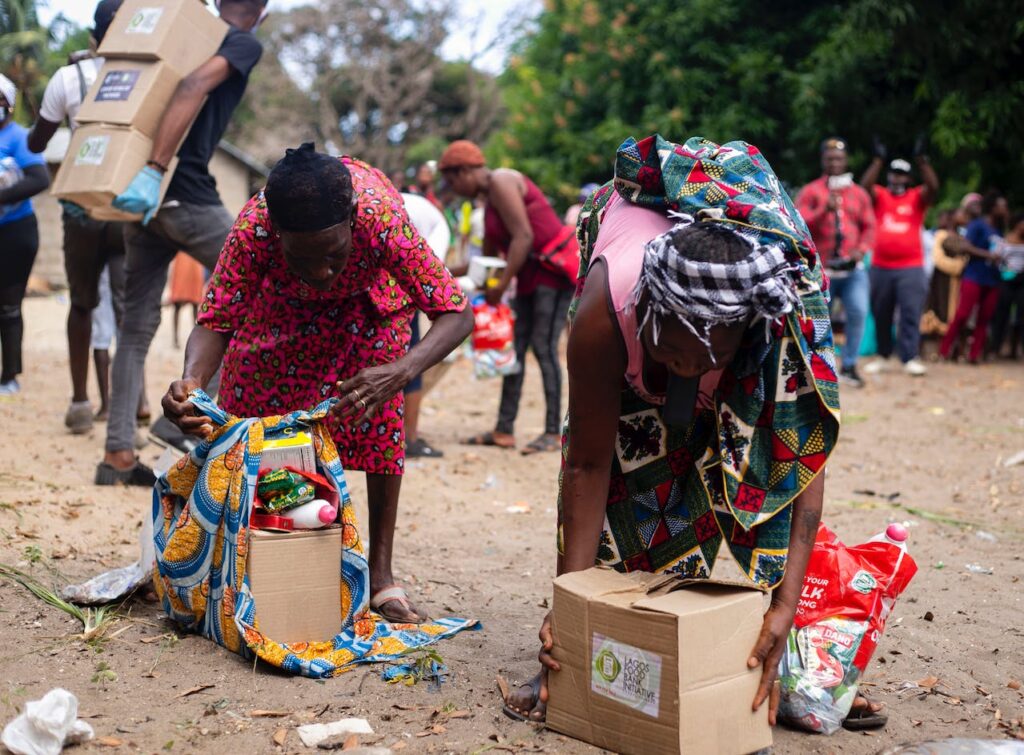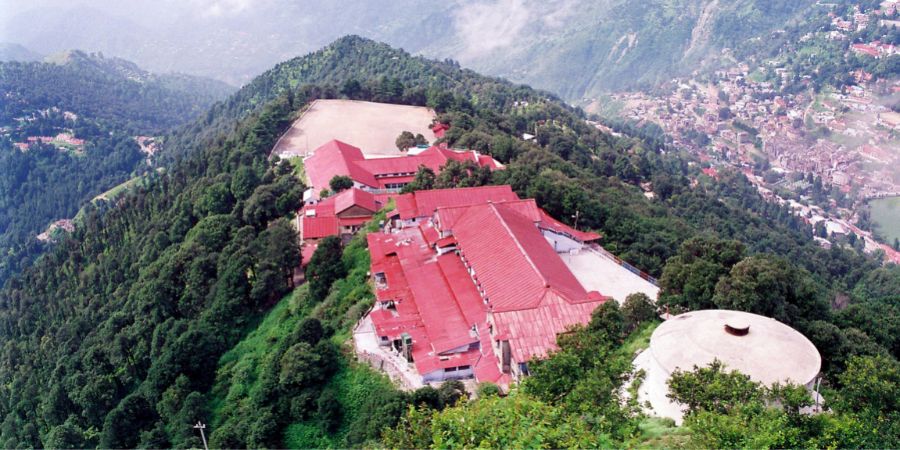The Indian Union Government to extend the free ration scheme for five more years
Prime Minister Sri Narendra Modi announced on Saturday the intention of the Indian Union Government to extend the free ration scheme for five more years. The scheme was bound to end by December 2023, and the news elated the millions of its beneficiaries. Prime Minister announced the decision to extend the free ration scheme in a poll rally in Chhattisgarh.
Under the free ration scheme, about 80 crore Indians receive 5 kg of free food grains monthly. The scheme is part of the National Food Security Act. Before the pandemic, the union government provided subsidized food grains as part of the NFSA scheme.
Later, rations included in the PMGKAY (Pradhan Mantri Garib Kalyan Anna Yojana) were launched in 2020. The PMGKAY was intended as a post-COVID relief measure. PMGKAY provided free food grains to the beneficiaries.
The free food grains provided as part of the PMGKAY were additional to the already existing subsidized food grains the people receive under the National Food Security Act. The beneficiaries received five kilograms of food grains as part of the National Food Security Act and an additional five kilograms as part of the PMGKAY scheme during the COVID-19 time.
The free food grain scheme under PMGKAY was extended several times but had to end by December 2022. It was then the Indian Union Cabinet made the decision to make the NFSA ration food grains available free of cost. The period of the free NFSA rations was limited to one year. So, as per the said limitation, the NFSA-free rations were supposed to be over by December this year. This is now extended for five more years, announces Prime Minister Narendra Modi.
Prime Minister said, “Today, I want to share with the poor sisters and brothers of our country that we, the government, have decided to extend the NFSA scheme of providing free food grains to the 80 crore underprivileged people of our country for the next five years”. The Prime Minister has also added that the government policies and schemes have taken about 13.5 crore poor people out of severe poverty, and the government is bound to come up with more empowering measures exclusively for them.

The National Food Security Act was originally a 2013 initiative. It aims to facilitate nutritional and food security to the citizens of India by providing apt quality food at moderate and cost-effective prices. The act identifies that food security is vital to every citizen’s right to lead a dignified life. The introduction of NFSA has encouraged changes in the system’s approach towards citizens’ food security.
The NFSA is exercised throughout the country across all states and union territories. About two-thirds of the total Indian population is estimated to be benefitting from the free ration scheme. Almost 50% of the entire urban and 75% of the rural population benefit from the NFSA rations.
According to social scientists and policy experts, the NFSA rations have significantly improved the quality of lives of millions of Indians across the length and breadth of India. The combination of NFSA rations with the Targeted Public Distribution System has enabled the effects to spread comprehensively over the people of India.


